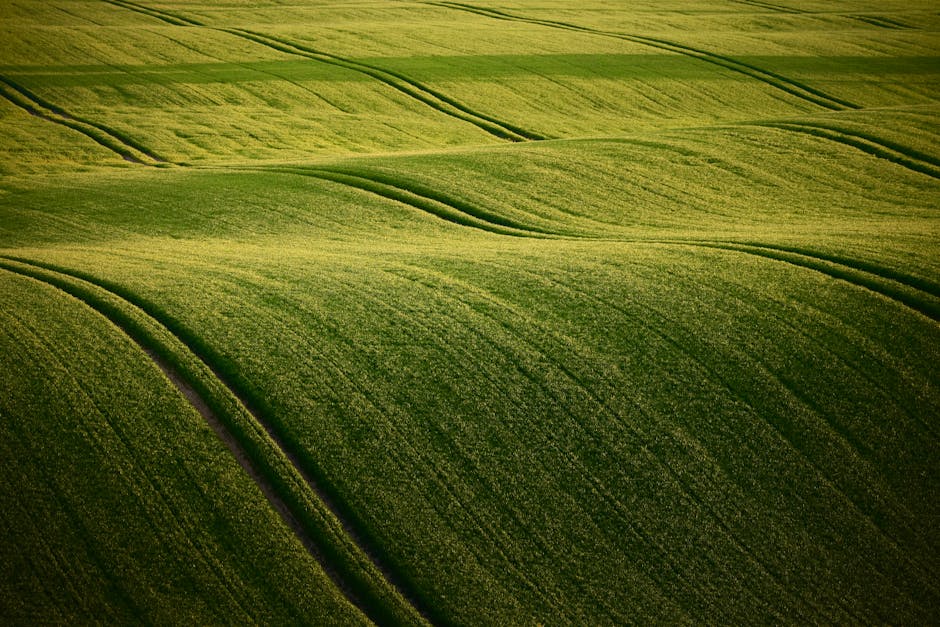
Development of Farming Techniques
Farming Techniques: Evolution and Development
Farming is a crucial industry that has experienced significant changes and advancements over time. The development of farming techniques has revolutionized agricultural practices and played a vital role in enhancing food production, sustainability, and efficiency.
The earliest farming techniques can be traced back to the advent of human civilization. Ancient civilizations, such as the Mesopotamians and Egyptians, pioneered agricultural practices like irrigation, land cultivation, and crop rotation. These techniques allowed for consistent crop growth and higher yields, enabling society to settle in one place and establish civilizations.
As time progressed, farming techniques continued to evolve. The Industrial Revolution marked a significant turning point in agriculture. The invention of machinery, such as the plow and seed drill, mechanized key farming processes and increased productivity. This led to a significant boost in food production and contributed to the growth of urban populations.
In the 20th century, the Green Revolution brought about another wave of advancements in farming techniques. The introduction of synthetic fertilizers, pesticides, and hybrid crop varieties revolutionized crop yields and helped address the growing global food demand. However, these practices also raised concerns regarding their long-term environmental impact and sustainability.
In recent years, a shift towards more sustainable and eco-friendly farming techniques has gained traction. Organic farming, permaculture, and precision agriculture are among the approaches that prioritize environmental stewardship, biodiversity, and reducing resource wastage. These techniques aim to decrease the reliance on synthetic inputs while maximizing yields through innovative practices like vertical farming, hydroponics, and agroforestry.
The development of farming techniques is an ongoing process driven by the need for efficient and sustainable food production. Continuous research, technological advancements, and a proactive approach to environmental stewardship are crucial in shaping the future of agriculture.
